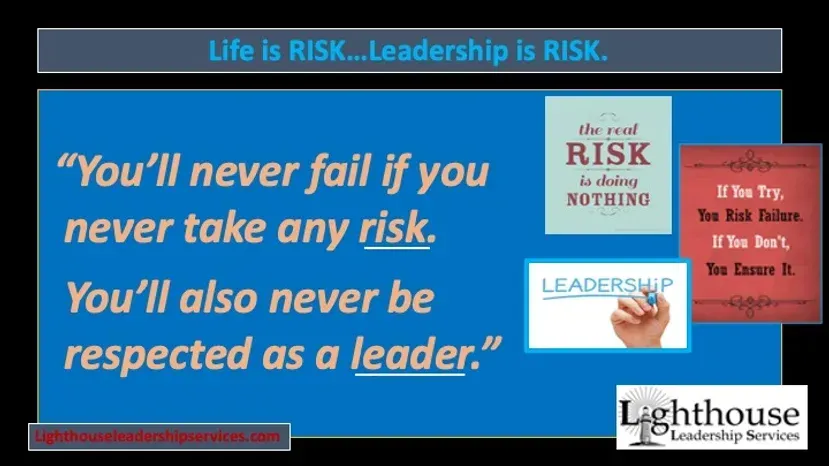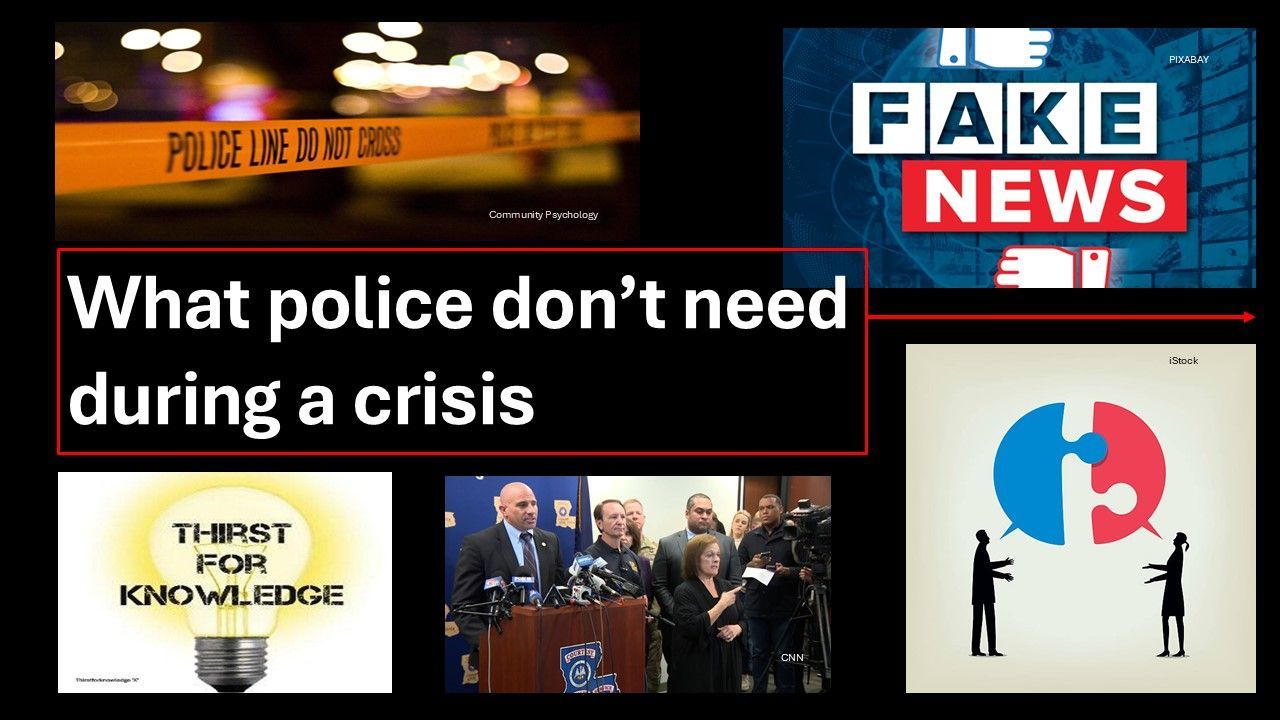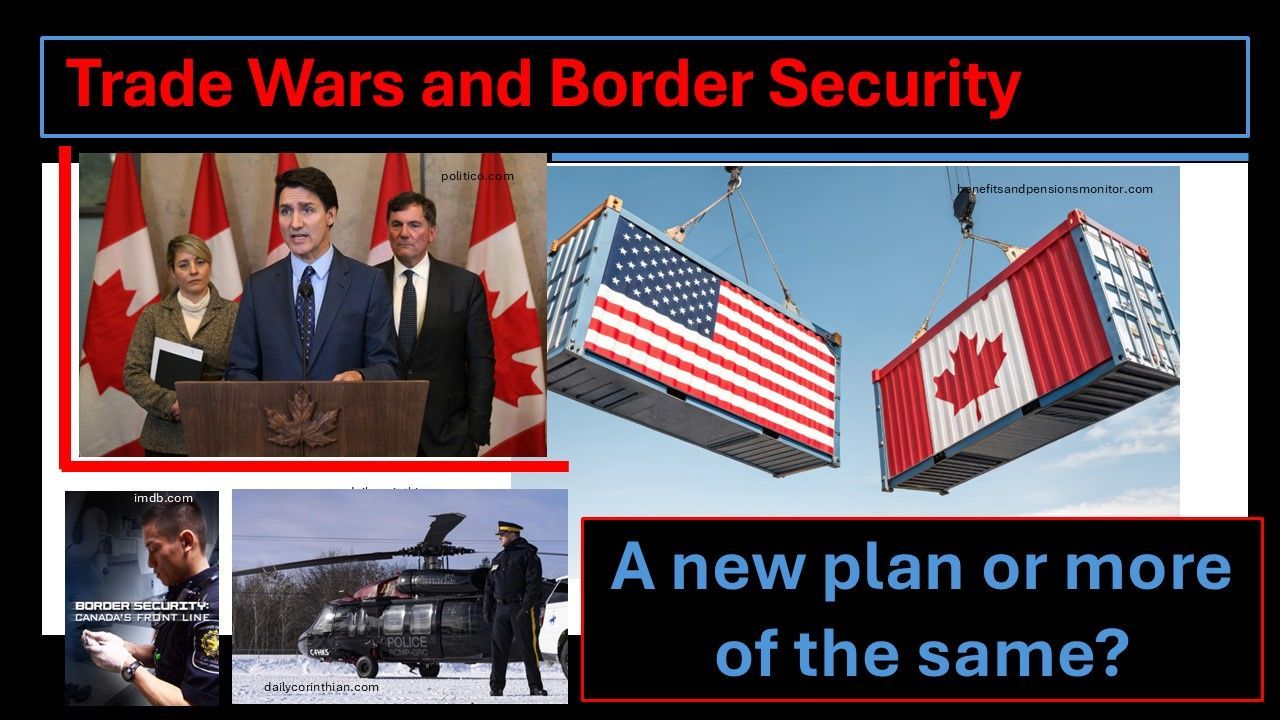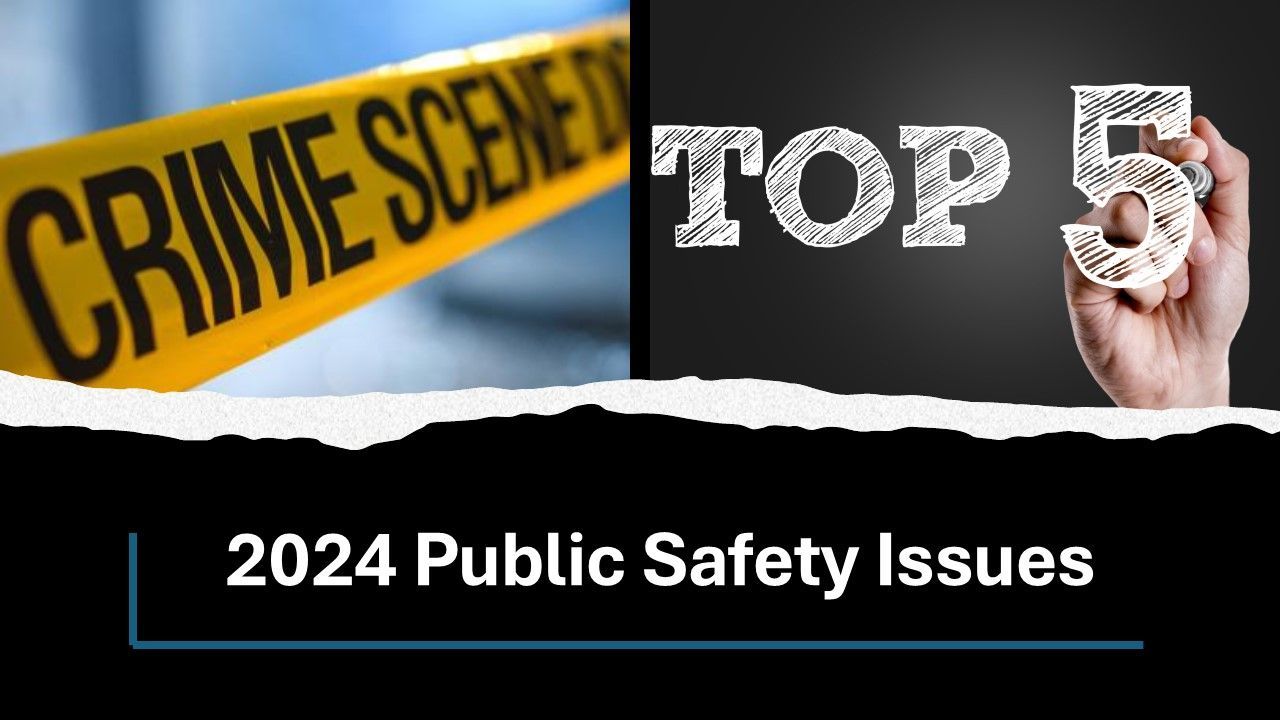New Paragraph

“I think you make impacts by taking risks.”
Shenae Grimes
I believe that you can make even bigger impacts – negative ones, by not taking risks.
Life is risky from the day one emerges from the security of the womb. All our lives we make decisions that could cause us personal or career harm.
On the leadership front, there is no end of risk – day after day, 24/7. Risk for you, your people and your organization. The only way to avoid it is to never do anything, ever.
But in my view, to NOT take risk as a leader is risky in itself. The lack of decision-making or the fatal flaw of not making decisions for the right reasons should be the demise of many so-called leaders – depending on the experience, ability and mindset of those higher up the food chain. But weak leadership teams won’t recognize the many issues at stake and the rationale for decisions when things do go bad, and will forever tag some individuals as the “one that failed.” Whether the senior team leans in terms of their own ability and experience is a crap shoot in many organizations.
From another perspective, if those you lead view you as afraid to take risk or incapable of making decisions, they are undoubtedly going to wonder why they are taking such enormous risks when you won’t and will question if you will truly have their backs if things go bad.
Decisions will often go well and will be huge successes. Some decisions won’t go particularly great, but life will go on. Other decisions will be total train-wrecks unfortunately. The true test of the leader will be their reaction to all of those scenarios and whether they give credit to those who carried it out when things do go well and take the hit on occasions that things don’t.
In policing – in which risk is inherent 24/7, I saw cycles where people were promoted because they never failed. They had no black marks in their files. There were deemed to be “good guys” by an influential individual or group of what I call “pseudo-leaders”. But did they ever really take a risk? Did they ever make an arrest? Did they ever go out after dark?
Then conversely, some great, honest, hardworking officers who stayed operational in risky environments – working the road, investigations, undercover, tactical units and more, failed on occasion and in the minds of some non-leaders above, were forever considered "failures". Promising careers turned bad on a dime.
The so-called “good guys” that were rewarded for never failing, never had an opportunity to fail, because they never did anything. They learned that you never fail if you never take a risk.
These non-combatants (as my friend calls them) that did get promoted often continued the cycle of destruction by promoting more people that never disagreed with them, made a sound decision or did a day of police work. Not all obviously – some great leaders snuck through the system but when they did it upset the leadership applecart and caused competitive friction between leaders that “walked the walk” and those that only “talked the talk.” The balance of power issues that resulted could be destructive.
The Chief or Commissioner of the day and their senior officers in most services generally picked their inner circle in their own likeness, but for some the “true leaders” made them feel insecure, so, they opted to promote those that would quietly acquiesce to their every whim. The bulk of the organization then quietly shook their heads, believing that some leaders they believed in didn’t make the grade and some that had never really done anything including make decisions were climbing the ladder of success while dragging others down.
The system often perpetuated itself from there, creating massive leadership voids that took years to overcome. When that happened, the resulting failure of leadership impacted morale, decision-making and the development of future leaders for years to come. That’s hard to recover from.
“Only those who dare to fail greatly can ever achieve greatly.”
Robert F. Kennedy
Employees at all levels in private and public sector companies have to take risks. In policing, those risks often jeopardize lives or at minimum can be life-altering and unfortunately, mistakes will happen. However, we can’t throw the towel in on our people when they honestly err and cast them aside like an empty chicken bucket. We should always differentiate honest mistakes from maliciousness when doling out punishment and moving forward, or we will dissuade our people from ever taking risk in their daily duties.
We have all experienced the opposite unfortunately, that being weak-kneed leaders that accept credit for the efforts of others and/or pass blame for their own blunders on the rare occasion they make a decision. If you do either of those things even once, you are not a leader, and your goose will be cooked. It will spread like wildfire and you will lose whatever credibility you may have had, perhaps forever – at least with those you are supposed to be leading.
True leaders step up to the plate when there is a risk worth taking – for those they serve and for those they have the honour to lead. They lead by positive example and try to develop true leaders to replace them. Those are the people that should be further promoted. I’ve seen many people in leadership roles that were the furthest thing from leaders. They were so afraid to make decisions because of a fear of adversely impacting their chances for promotion – based on their fear of the weak pseudo-leaders above them, that they never took a risk or made a decision, ever. Sometimes their fear became a self-fulfilling prophecy when some true leaders came to power that rightfully believed taking calculated risks is the job of a leader.
The lesson in all this is that if you are afraid to take risk or will point fingers and run screaming into the night when things go bad, then accept that leadership is not for you. Find another role. It will save you a lot of stress and a ton of heartache for those around you.
*Taken in part from my book “Never Stop on a Hill” (2016).

All Rights Reserved | Lighthouse Leadership Services | WebXpertz



